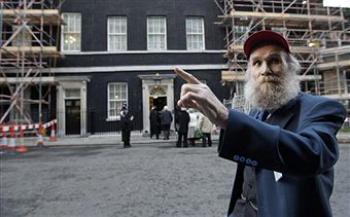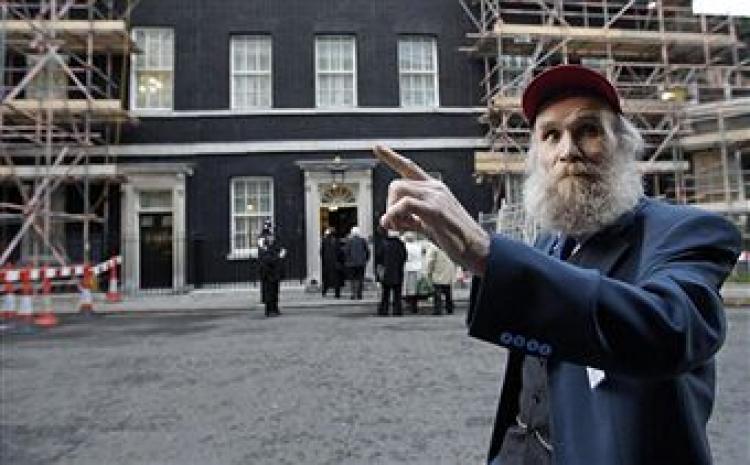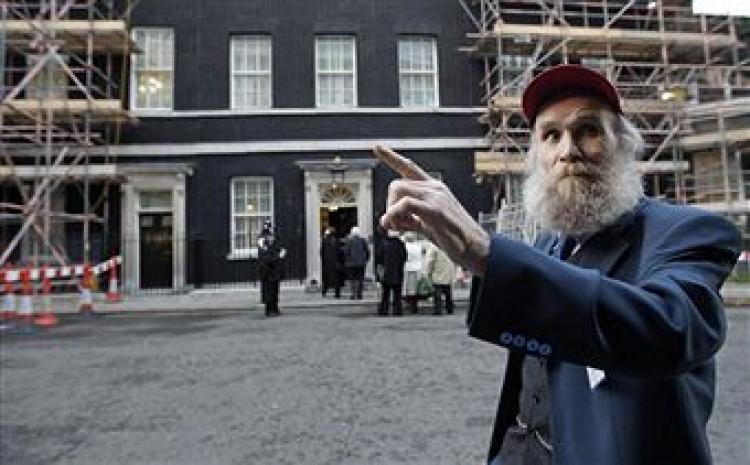LONDON—Working after 65, with more flexible hours, can lead to fulfilment for society as well as individuals, according to a report by the Equality Commission.
The report advocates scrapping the Default Retirement Age (DRA) – under which employees can force workers to retire at 65 – and greater adaptability of hours and location for all, especially the over-50s.
The report was published in conjunction with an Equality and Human Rights Commission (EHRC) survey which found that the majority of workers over 50 want to work beyond state pension age.
The EHRC wishes to influence the debate on the Equality Bill. The Equality Bill is an attempt to amalgamate existing equality law in one large hold-all legislation and includes the DRA.
“Most older Britons do not want to slow down, many want job promotions and others wish to work well beyond the state pension age,” an EHRC statement says. 62 per cent of women and 59 per cent of men want to work beyond 65 according to the survey.
In 2009, a High Court Judicial Review ruled to keep 65 as the age at which employers in the UK can force workers to retire.
Mr Justice Blake stated in his judgement that, although The Employment Equality (Age) Regulations did comply with an EC Directive against age discrimination, he would have ordered a review of the DRA if the government had not made it known that they were to do so in 2010.
Furthermore, he said he could not see how 65 could remain as the default retirement age after the review. There was a “compelling case” to change the law, he said.
The ruling meant that over 260 cases pending in tribunals of pensioners seeking compensation for discrimination were likely to be dismissed.
Age UK‚ the legal name of the merged charity Age Concern and Help the Aged, had mounted a legal challenge to the DRA at the European Courts of Justice (ECJ).
The ECJ ruling on March 5th, 2009 referred the case back to the British High Court. It confirmed that Britain’s national DRA falls within the scope of EU law but made it clear the High Court had to look at social and economic policy objectives – not the interests of individual businesses.
The Employment Equality (Age) Regulations 2006 introduced major restrictions on the employment protection available to people over the age of 65. As well as being able to force employees to retire at or after 65‚ employers can refuse to recruit anyone over the age of 65.
About 1.5 million people work beyond state pension age in Britain. The EHRC survey suggests that many more would do so if legislation were more relaxed.
The report advocates scrapping the Default Retirement Age (DRA) – under which employees can force workers to retire at 65 – and greater adaptability of hours and location for all, especially the over-50s.
The report was published in conjunction with an Equality and Human Rights Commission (EHRC) survey which found that the majority of workers over 50 want to work beyond state pension age.
The EHRC wishes to influence the debate on the Equality Bill. The Equality Bill is an attempt to amalgamate existing equality law in one large hold-all legislation and includes the DRA.
“Most older Britons do not want to slow down, many want job promotions and others wish to work well beyond the state pension age,” an EHRC statement says. 62 per cent of women and 59 per cent of men want to work beyond 65 according to the survey.
In 2009, a High Court Judicial Review ruled to keep 65 as the age at which employers in the UK can force workers to retire.
Mr Justice Blake stated in his judgement that, although The Employment Equality (Age) Regulations did comply with an EC Directive against age discrimination, he would have ordered a review of the DRA if the government had not made it known that they were to do so in 2010.
Furthermore, he said he could not see how 65 could remain as the default retirement age after the review. There was a “compelling case” to change the law, he said.
The ruling meant that over 260 cases pending in tribunals of pensioners seeking compensation for discrimination were likely to be dismissed.
Age UK‚ the legal name of the merged charity Age Concern and Help the Aged, had mounted a legal challenge to the DRA at the European Courts of Justice (ECJ).
The ECJ ruling on March 5th, 2009 referred the case back to the British High Court. It confirmed that Britain’s national DRA falls within the scope of EU law but made it clear the High Court had to look at social and economic policy objectives – not the interests of individual businesses.
The Employment Equality (Age) Regulations 2006 introduced major restrictions on the employment protection available to people over the age of 65. As well as being able to force employees to retire at or after 65‚ employers can refuse to recruit anyone over the age of 65.
About 1.5 million people work beyond state pension age in Britain. The EHRC survey suggests that many more would do so if legislation were more relaxed.






